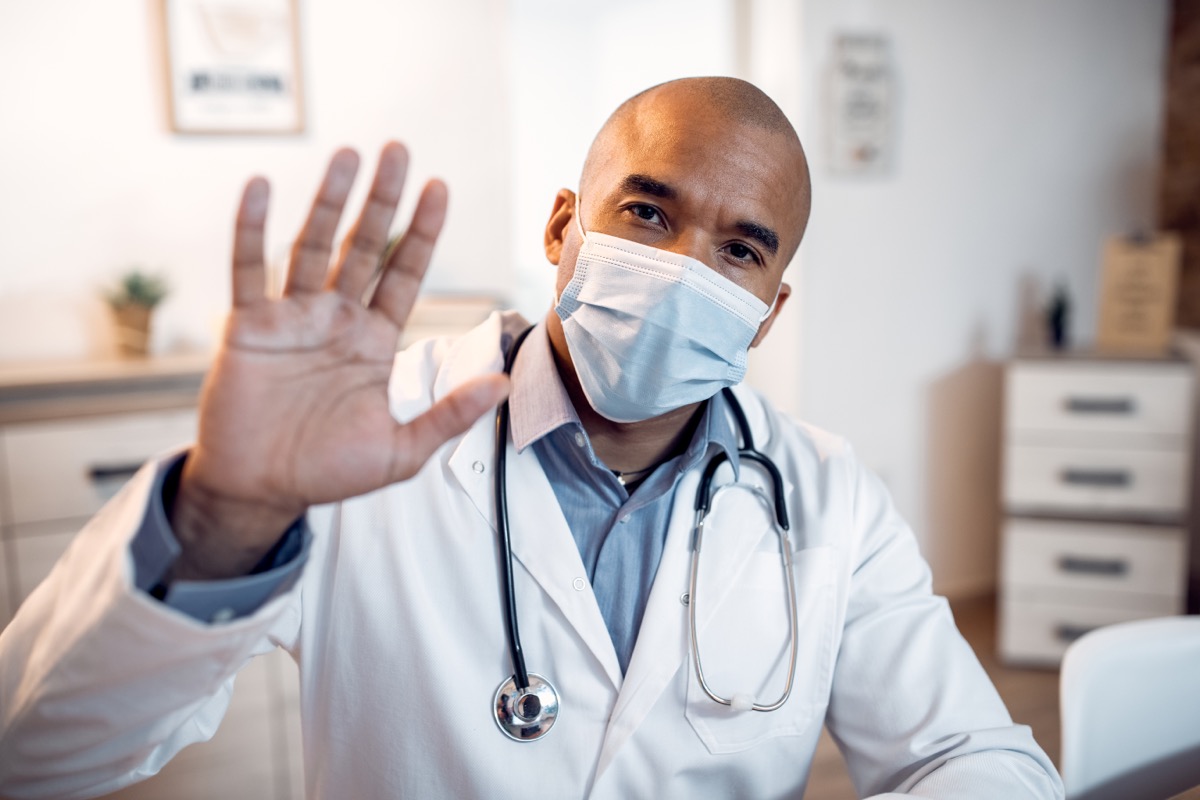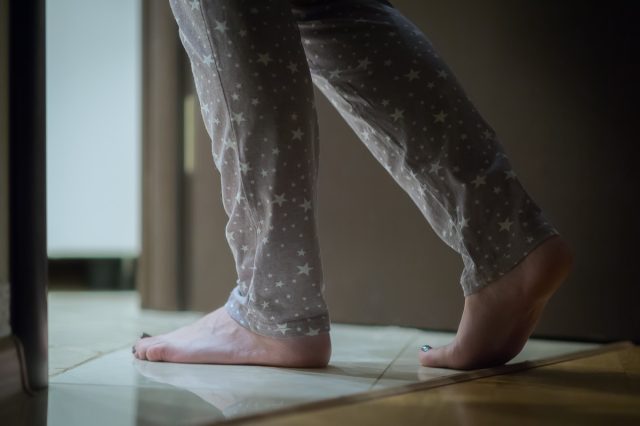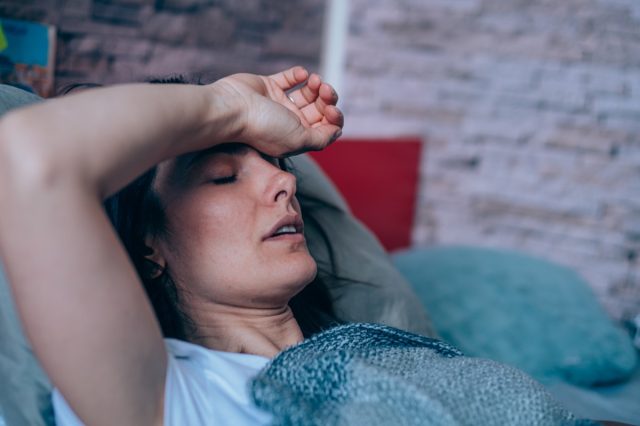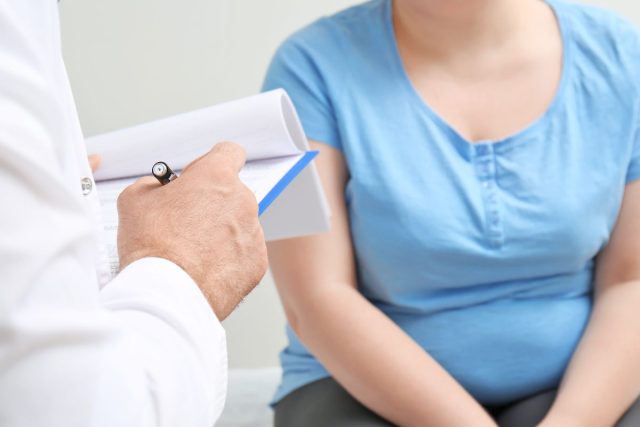From eatthis.com
By John Whyte, MD, MPH
WebMD’s Chief Medical Officer shares tips on how to spot it early

I'm the Chief Medical Officer of WebMD and also a practicing physician. I have a keen interest in getting people better information so they can have better health.
Diabetes is one of those areas where there are so many myths. Sadly, misinformation can lead to poor health. More than 34 million Americans have diabetes – that's nearly 1 out of every 10 people. Over 1.5 million people are diagnosed every single year. Another 88 million people have prediabetes. And the numbers are going up. As a nation and as individuals, we need to get our blood sugar under control. The first step is getting good information about the signs and symptoms of diabetes. Read on to find out more—and to ensure your health and the health of others, don't miss these Sure Signs You've Already Had COVID.
You Go to Bathroom a Lot

There are different signs and different people present with different symptoms. In general one of the first signs is polyuria — a fancy word that basically means you start to pee a lot. What's a lot? Most people urinate 8-10 times a day; if you are going to the bathroom 12 or more times a day, it's time to get checked. The high sugar in your blood is also making sugar go into your urine and that's pulling water out of your cells. Therefore, you urinate much more frequently.
You Are Thirsty

Because of the increased urination, you typically become more thirsty. You tend to be thirsty all the time, even after you drink. It's a thirst that lasts throughout the day, even after night. You just can't seem to quench your thirst. I will always remember my patient, Mary, who knew something was wrong. "Dr. Whyte, I was drinking water constantly – and I don't even like water. When I drank from the sink one day, I knew I had to come in!"
You Gain Weight

Although most people gain weight when they have diabetes, and they have more food cravings, some people actually lose weight early on with untreated and undiagnosed diabetes. Insulin resistance prevents the body from getting glucose from the blood into the body's cells to use as energy. When this occurs, the body starts burning fat and muscle for energy, causing a loss in body weight. Your body also dumps a lot of sugar in the urine, reducing your number of calories. This is not a healthy weight loss.
You Feel Numbness in Your Legs or Hands

Numbness and tingling often result after several years of diabetes. But because people often don't know the signs and symptoms, some present with tingling in their hands and feet. It's called "diabetic neuropathy" and is nerve damage caused by chronically high blood sugar. It leads to numbness, loss of sensation, and sometimes pain in your feet, legs, or hands. The bad news is that once you develop diabetic neuropathy, it can be very hard to treat. Medications often treat symptoms but don't reverse the damage. The key is to prevent it from developing.
You Feel Fatigued

Sometimes people complain of fatigue. They are tired all the time. It's not a feeling that is just a few days but rather goes on for months. People often think they are working too hard or just out of shape. Fatigue can be the result of several health conditions but if you are more tired than usual, it is a good idea to get checked for diabetes since high blood sugar from insulin resistance prevents you from getting the energy your cells need.
What You Should Do If You Feel Any of These Symptoms

If you experience any of these symptoms, you should immediately go to the doctor and get a lab test. There are numerous tests, and you don't always have to be fasting. The doctor may do a random plasma glucose and a glycosylated haemoglobin. Based on those results, your doctor will decide with you the best next steps. The American Diabetes Association (ADA) recommends that everyone over the age of 45 be screened for pre-diabetes and diabetes. In addition, the ADA also recommends adults at any age get screened who are overweight or has one or more risk factors.
Last Word From Doctor

Diabetes is a serious disease. It's the number one cause of blindness in the US and a leading cause of kidney disease. It increases one's risk of heart disease and stroke dramatically. The encouraging news is there are numerous options to treat it — including lifestyle changes and drugs. For many people, if they change the way they eat, exercise, and deal with stress, and act early, they may be able to reverse Type 2 diabetes or at least prevent its complications. And to protect your life and the lives of others, don't visit any of these 35 Places You're Most Likely to Catch COVID.
Dr. John Whyte CMO of WebMD is an expert on preventative care and author of the Take Control Series.
https://www.eatthis.com/news-warning-signs-diabetes-says-physician/
No comments:
Post a Comment